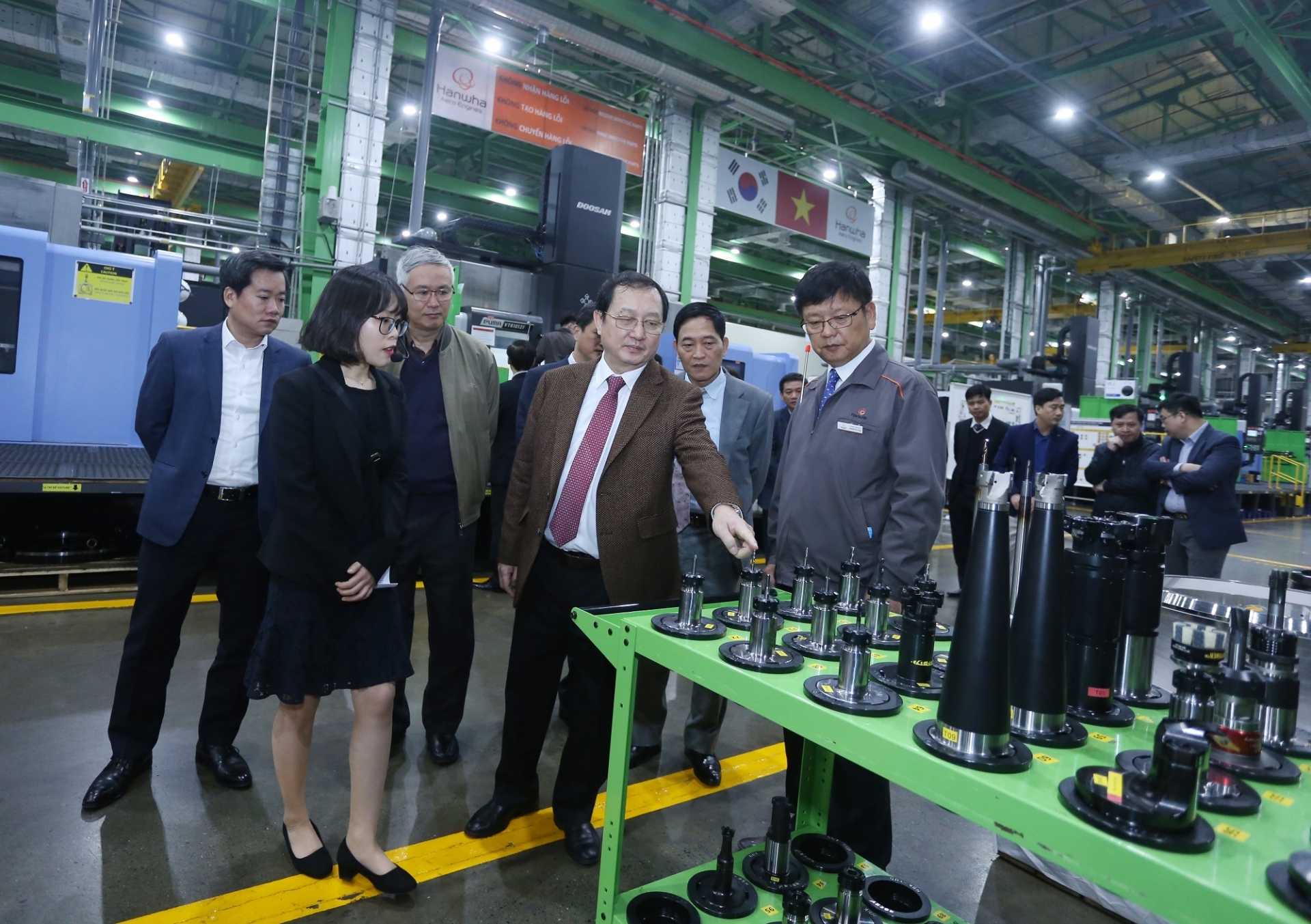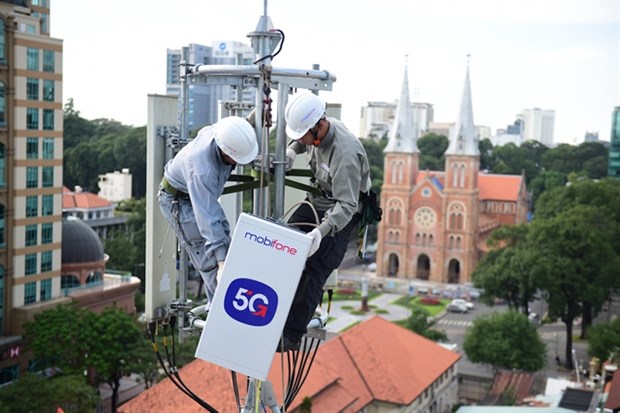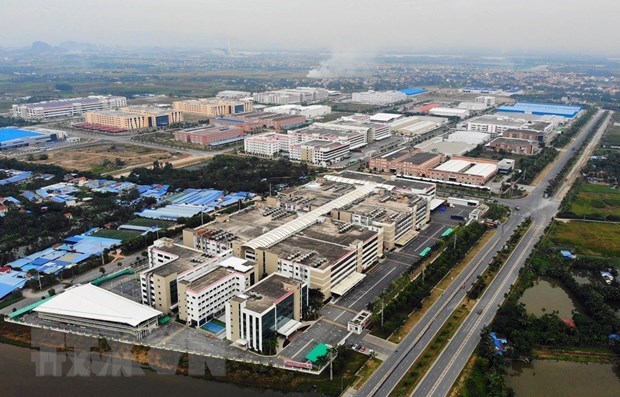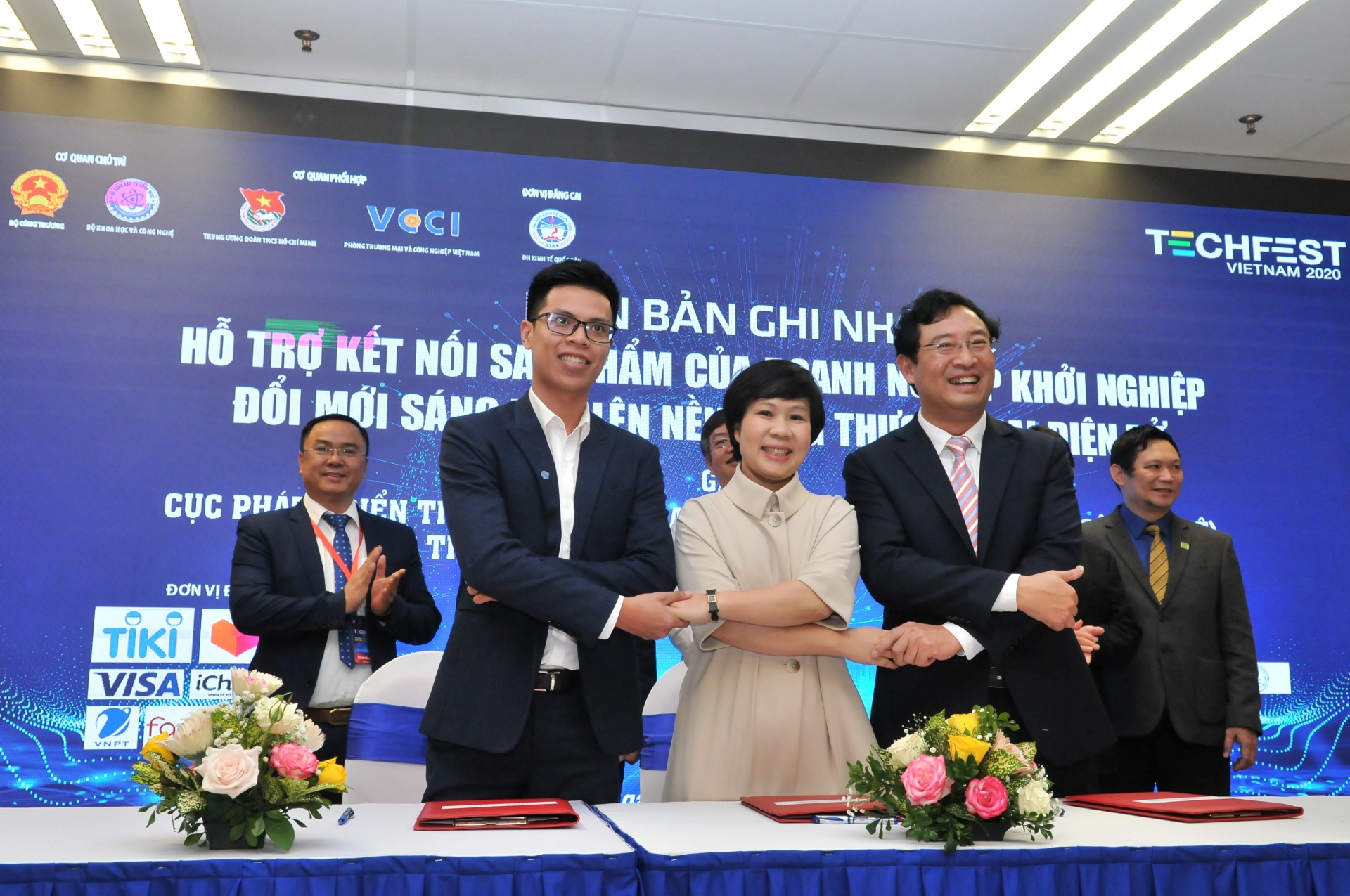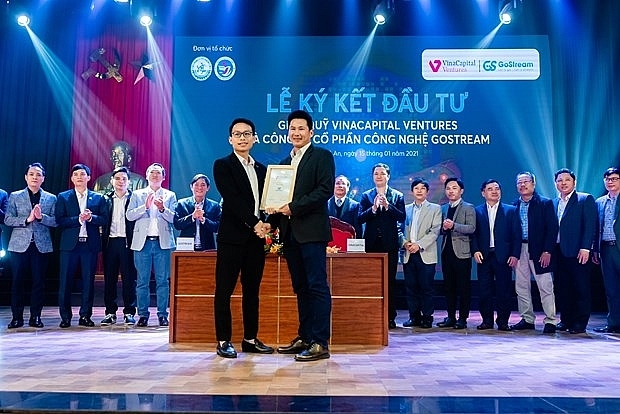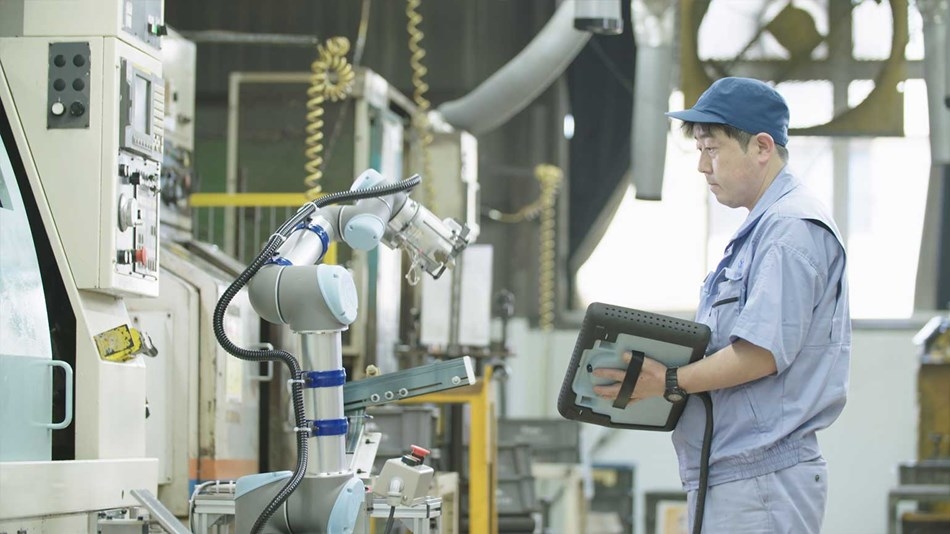Research institutes under MoIT anticipate 4.0 technology trends
(VEN) - Research institutes under the Ministry of Industry and Trade (MoIT) have been researching and commercializing cutting-edge technologies ranging from the internet of things (IoT), artificial intelligence (AI), and cloud computing, to big data, blockchain, 3D printing and robotics.
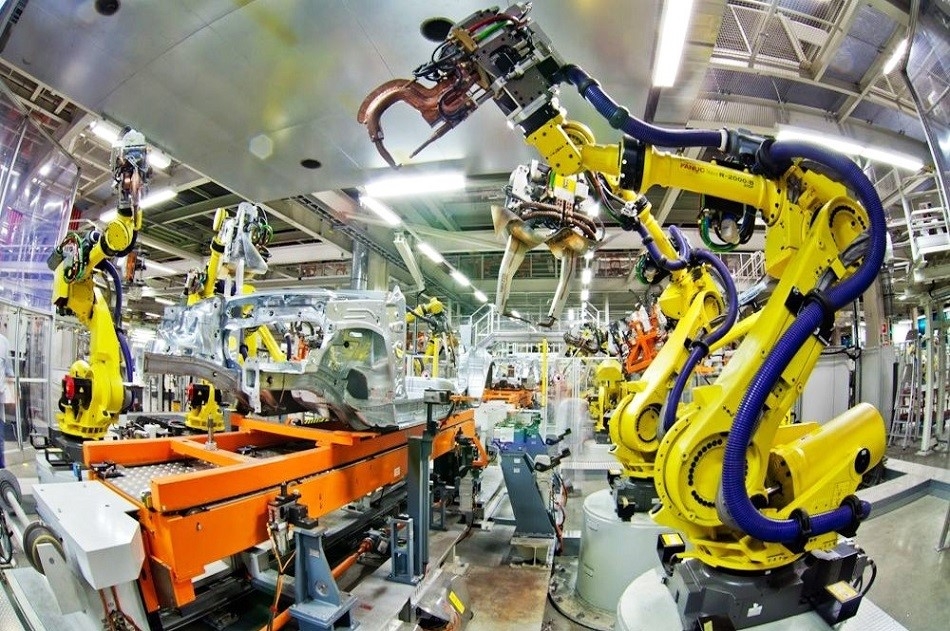
Dr. Nguyen The Truyen, Director of the Vietnam Research Institute of Electronics, Informatics and Automation (VIELINA) said the institute had researched and mastered a number of background technologies of Industry 4.0 before the concept was introduced in Vietnam. It now has quite a few advanced products like an integrated control system for underground coal mines; product quality external inspection systems using AI and machine vision applied in some foreign-invested enterprises; and an automatic feed control and ventilation system for dairy farms applying IoT technology.
Most recently, VIELINA has successfully manufactured a synchronous automatic control monitoring system for tea production and processing, which is currently in operation at the Than Uyen Tea Joint Stock Company in Lai Chau Province. This is the most modern large-capacity (producing 50 tonnes of fresh tea per day) tea production line operating in Vietnam. “It is worth mentioning that the system was designed, manufactured and installed by Vietnamese experts, in which the most important stages were 100 percent automated thanks to applications of AI and IoT,” Dr. Nguyen The Truyen emphasized.
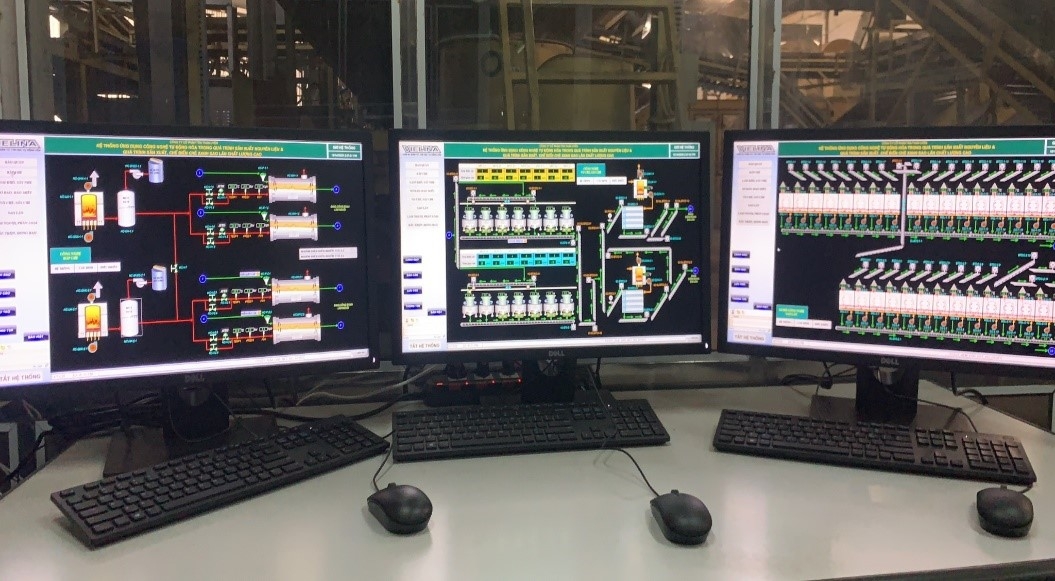
Industrial robots
At the Industrial Machinery and Instruments Holding Joint Stock Company (IMI Institute), the institute successfully manufactured a smart goods loading and unloading system in warehouses based on the application of industrial robots. This system has been commercialized for many fertilizer and animal feed production units with costs 40 to 60 percent lower than those of imported products. In addition, the institute also proposed and put into practice a number of technological solutions for logistics activities of small and medium-sized logistics enterprises in Vietnam.
The MoIT manages a network of 13 research institutes, two of which have been equitized (excluding research institutes under economic groups and corporations, and a number of science technology organizations at universities and colleges under the ministry).
In general, the institutes’ sci-tech activities have made positive contributions to the innovation level of enterprises in the industry and trade sector. Many research products of these projects have been effectively applied to production and business in enterprises, contributing to improving their production capacity, quality and competitiveness.
|
The MoIT’s institutes plan to strengthen their science technology research activities associated with the development of fundamental and key industries; promoting smart production development and digital transformation according to the trend of the 4.0 industrial revolution. |


